Search
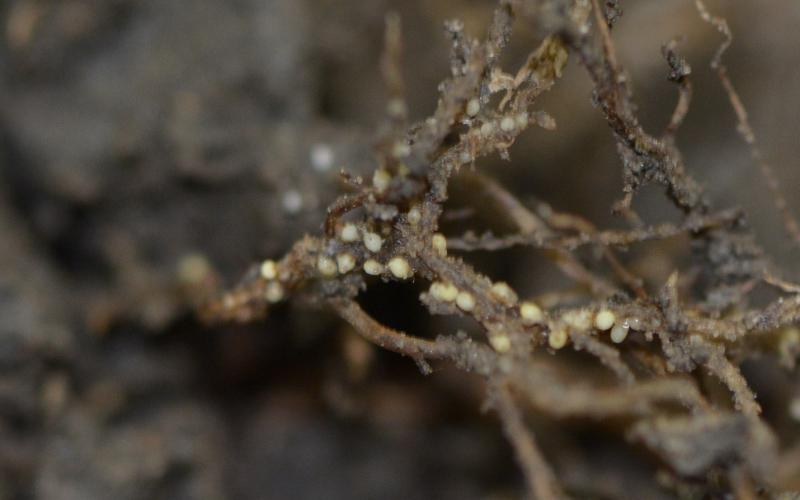
Integrating Precision Ag Tools for Smarter SCN Assessment and Management
Fact sheet on integrating Precision Ag tools for Soybean Cyst Nematode (SCN) assessment and management
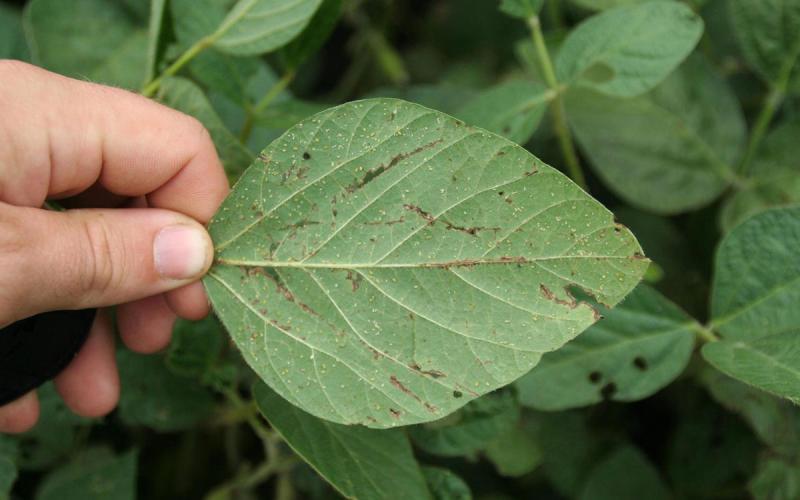
Should I Spray for Soybean Aphids at the End of August?
Soybean aphid populations are persisting in many soybean fields throughout eastern South Dakota. In many cases, these soybean aphid populations are either at the 250 aphids per plant threshold, or very close.
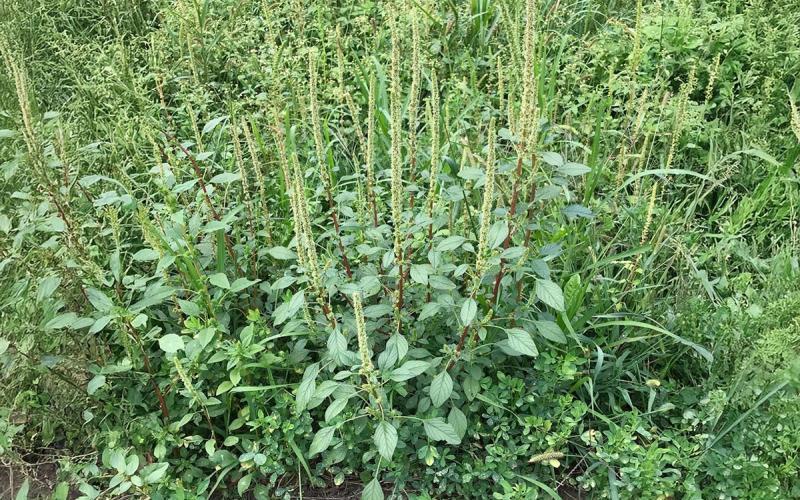
Palmer Amaranth Confirmed in Turner County: Is this weed in your fields?
Palmer amaranth has recently been confirmed in Turner County. Currently, the estimation of Palmer amaranth infestations has been confirmed in 18 counties across South Dakota
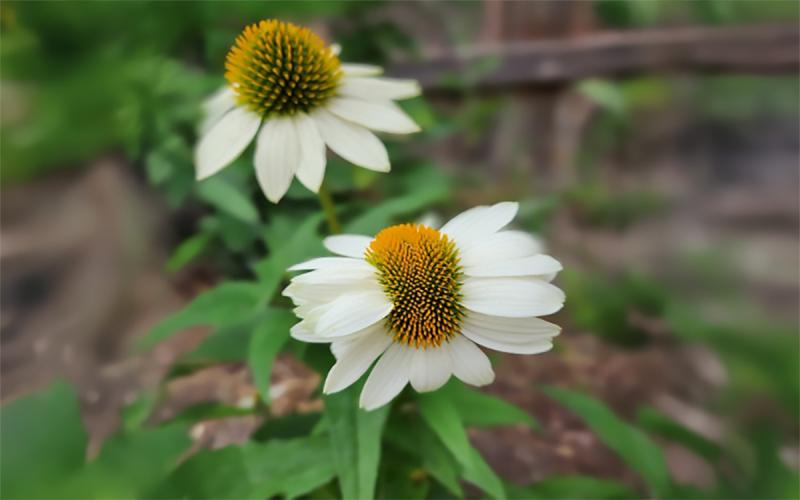
Fasciation: What’s going on with my plant?
Fasciation is a malformation of plant parts commonly manifested as enlargement, flattening or cojoining. The abnormal growth of plants can be uniquely puzzling and beautiful at the same time.
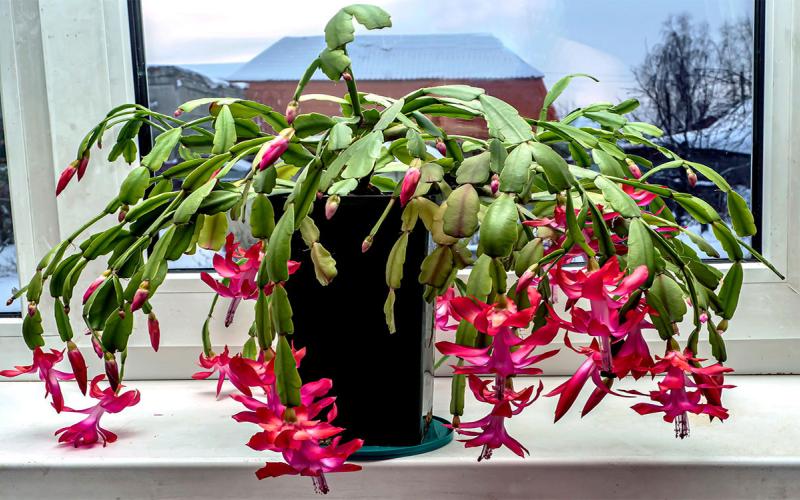
SDSU Extension to host off-season Garden Hour series
September 09, 2025
South Dakota State University Extension will continue its popular Garden Hour series during the off-season with webinars every other month.
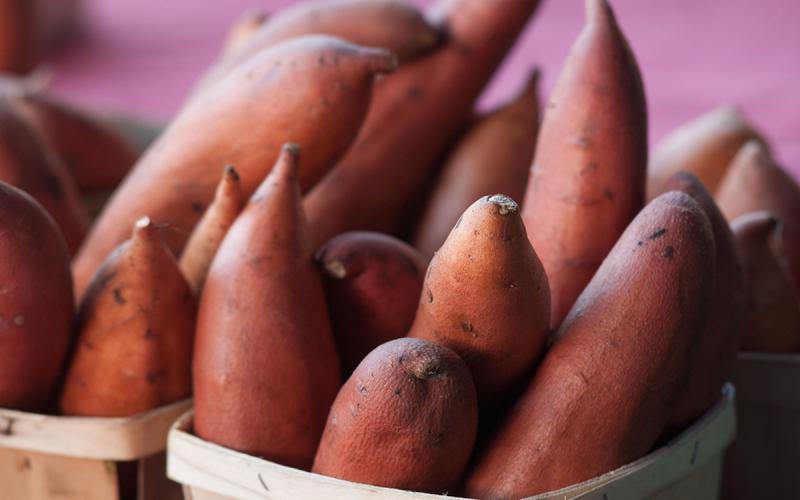
Sweet Potatoes: How to Grow It
Sweet potatoes are native to Central and South America, and their tasty orange flesh is a dietary staple in warm climates. Learn some expert tips for planting, growing, and harvesting them in this resource!

Home Horticulture Resources for Gardeners
Horticulture is the branch of plant agriculture dealing with garden crops. In addition to our website, there are many horticulture resources available on the web to provide research-based information to help every gardener succeed.
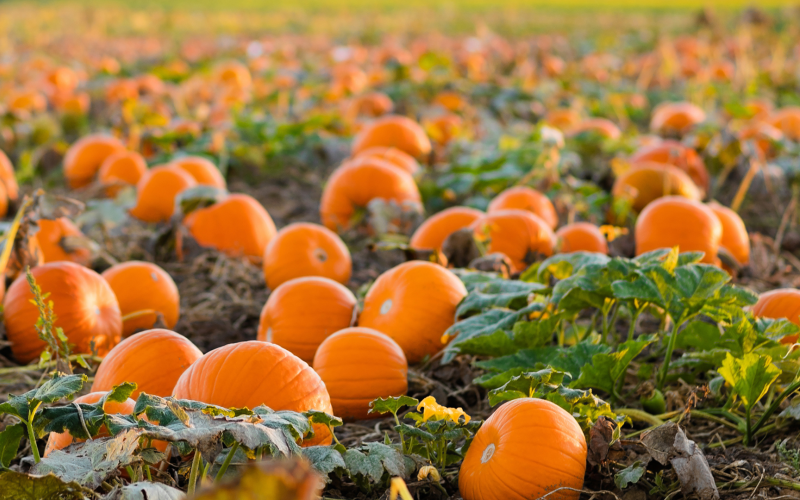
SDSU Extension hosting specialty crop tours near Sturgis, Colton to celebrate 20 years of Annie’s Project
September 01, 2023
To celebrate the 20th anniversary of Annie’s Project, South Dakota State University Extension will host tours of two South Dakota specialty crop growing operations.
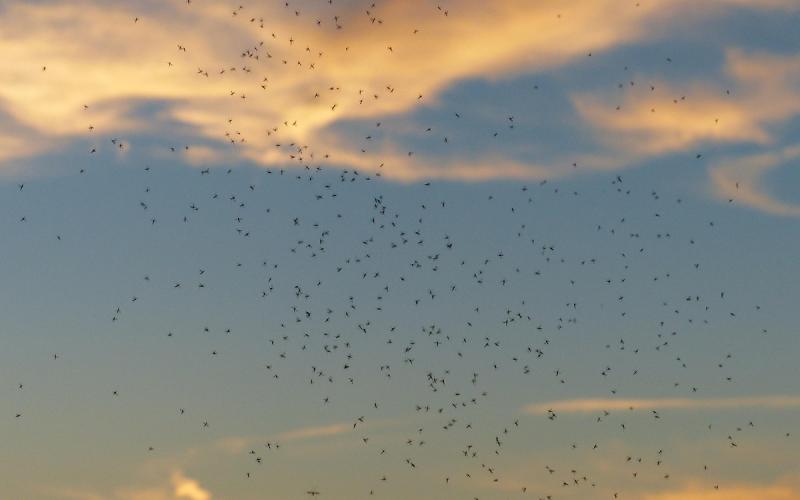
West Nile Virus Update: September 10, 2025
As of September 10, 2025, the South Dakota Department of Health (SD DOH) reported 59 human cases of West Nile virus from Beadle, Bon Homme, Brookings, Brown, Charles Mix, Codington, Corson, Grant, Gregory, Hamlin, Hand, Hughes, Hutchison, Hyde, Lawrence, Lincoln, Marshall, Meade, Miner, Minnehaha, Pennington, Sanborn, Spink, and Walworth counties.

Agriculture Cybersecurity Workshop and Seminar
This workshop will highlight results from three collaborative research projects between South Dakota State University and Dakota State University.